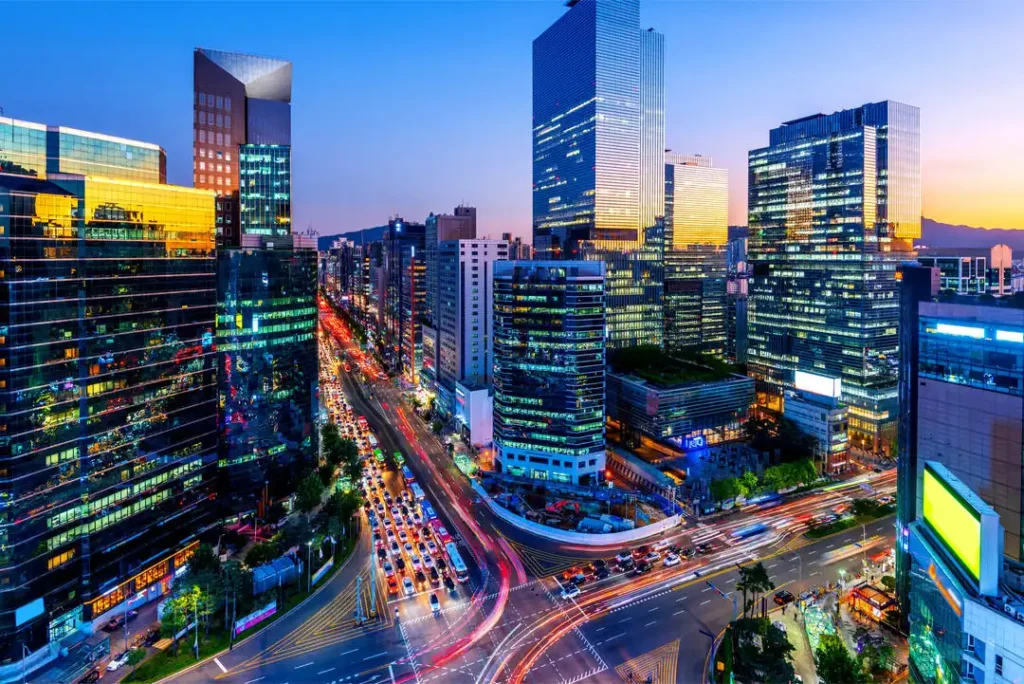In the ever-evolving landscape of technology, the integration of artificial intelligence (AI) is pushing boundaries and reshaping the way cities operate.
As urban centers strive to become smarter, more efficient, and sustainable, several metropolises around the world are embracing AI to govern various aspects of city life. Here are five cities that are at the forefront of adopting AI for transformative governance.
1. Singapore: Pioneering Smart Nation Initiatives: Singapore, often regarded as a global tech hub, is taking significant strides toward becoming a Smart Nation. The city-state has been deploying AI in various sectors, from transportation and healthcare to public safety. With initiatives like smart traffic management, AI-powered healthcare solutions, and predictive policing, Singapore envisions a future where AI seamlessly integrates into citizens’ daily lives, enhancing efficiency and quality of services.
2. Dubai: Visionary AI-Led Urbanism: Dubai, known for its futuristic skyline and ambitious projects, is actively incorporating AI to propel its vision of becoming a city of the future. The Dubai Future Foundation is spearheading initiatives like the Dubai Artificial Intelligence Roadmap, aiming to make Dubai a global leader in AI adoption by 2031. From autonomous transportation systems to AI-driven urban planning, Dubai is leveraging technology to create a seamless and intelligent urban experience.
3. Shanghai: AI in Urban Planning and Governance: China, with its rapid technological advancements, is embracing AI in various cities, and Shanghai is at the forefront of this transformation. The city is utilizing AI for urban planning, traffic management, and public safety. AI-powered surveillance systems, coupled with data analytics, are enhancing security measures, while intelligent traffic management is optimizing transportation networks. Shanghai’s commitment to AI governance aligns with China’s broader push toward technological innovation.
4. Toronto: The Quayside Project: Toronto is making waves in AI governance with the Quayside project, a collaborative effort between Sidewalk Labs (an Alphabet subsidiary) and Waterfront Toronto. The project aims to create a neighborhood infused with smart city technologies, including AI-driven solutions for energy efficiency, waste management, and urban mobility. While the project has faced privacy concerns, it exemplifies Toronto’s commitment to harnessing AI for sustainable and efficient urban living.
5. Seoul: AI for Enhanced Citizen Services: South Korea, particularly Seoul, is harnessing AI to enhance citizen services and urban management. The city’s AI-based initiatives include smart energy management systems, intelligent transportation solutions, and AI-driven chatbots for citizen engagement. Seoul’s proactive approach to integrating AI into governance reflects its commitment to staying at the forefront of technological innovation.

The Path Forward: Challenges and Opportunities: While the adoption of AI in city governance holds immense promise, it also presents challenges, particularly concerning privacy, data security, and ethical considerations. Striking the right balance between technological advancement and safeguarding individual rights is crucial for the responsible implementation of AI in urban settings.
As these cities pave the way for AI-led governance, the world watches with anticipation, recognizing the potential for increased efficiency, sustainability, and improved quality of life.
The cities of tomorrow will likely be defined by their ability to harness the power of artificial intelligence while navigating the complex ethical and societal implications that accompany this transformative shift.
The journey toward AI-led urban governance is an exciting frontier, offering the prospect of cities that are not just smart but truly intelligent in their decision-making and responsiveness to the needs of their inhabitants.



